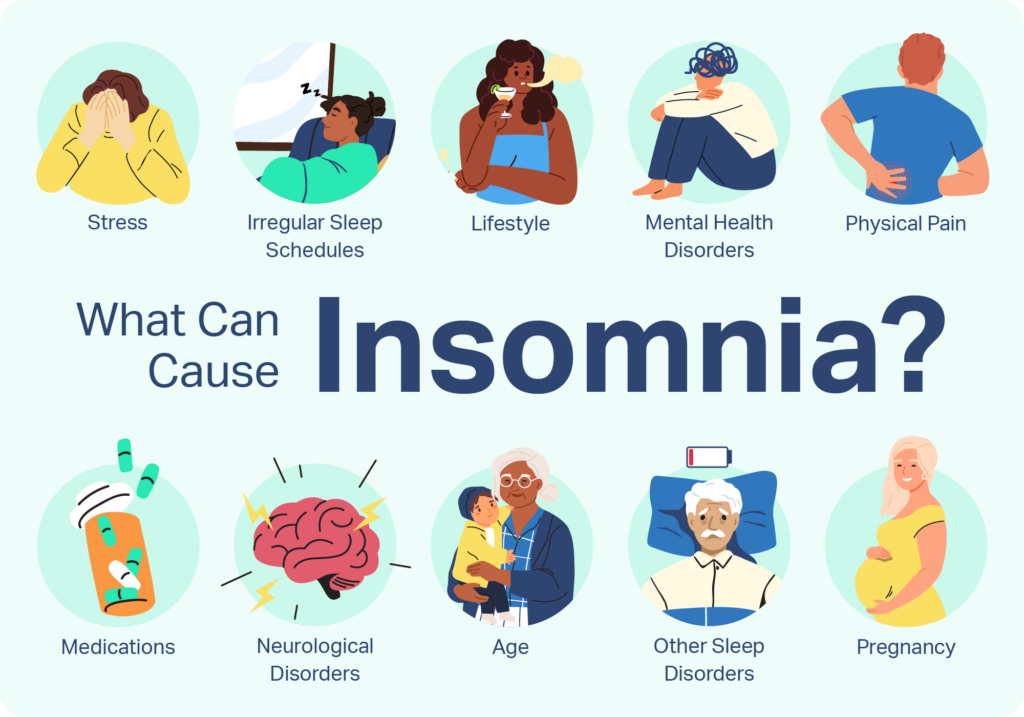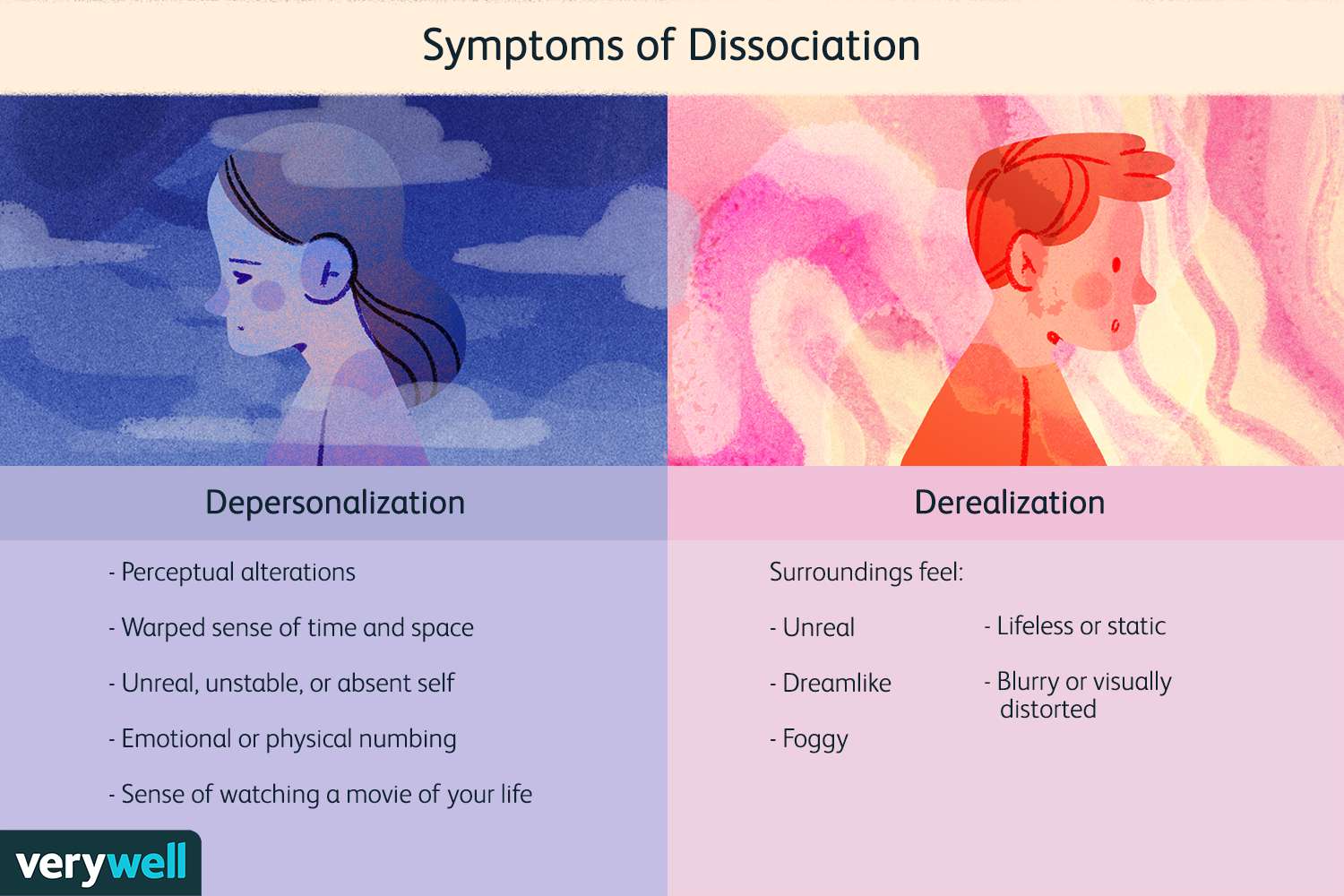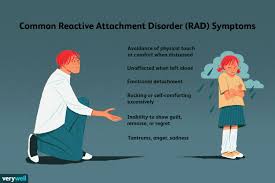Insomnia disorder is a sleep disorder characterized by difficulty falling asleep, staying asleep, or waking up too early. This can lead to daytime fatigue, difficulty concentrating, and irritability.
Types of Insomnia There are two main types of insomnia:
- Acute Insomnia: Short-term insomnia that lasts for a few days or weeks. It is often caused by stress, illness, or a significant life event.
- Chronic Insomnia: Long-term insomnia that lasts for months or years. It can be caused by underlying medical conditions, mental health disorders, or poor sleep habits.
Causes of Insomnia The causes of insomnia can vary, including:
- Stress and Anxiety: Emotional stress can disrupt sleep patterns.
- Medical Conditions: Certain medical conditions, such as heart disease, lung disease, and arthritis, can disrupt sleep.
- Medication Side Effects: Some medications can interfere with sleep.
- Lifestyle Factors: Poor sleep habits, excessive caffeine or alcohol consumption, and irregular sleep schedules can contribute to insomnia.
- Mental Health Disorders: Conditions like depression and anxiety can disrupt sleep.
Treatment for Insomnia Treatment for insomnia depends on the underlying cause and severity of the condition. Common treatments include:
- Cognitive Behavioral Therapy for Insomnia (CBT-I): This therapy helps people develop healthy sleep habits and address negative thoughts and behaviors related to sleep.
- Medication: Sleep medications, such as benzodiazepines and over-the-counter sleep aids, may be used for short-term relief.
- Lifestyle Changes:
- Establish a Regular Sleep Schedule: Go to bed and wake up at the same time each day.
- Create a Relaxing Bedtime Routine: Engage in calming activities before bed, such as reading or taking a warm bath.
- Optimize Your Sleep Environment: Ensure your bedroom is dark, quiet, and cool.
- Limit Screen Time: Reduce exposure to electronic screens before bed.
- Avoid Stimulants: Limit caffeine and alcohol intake, especially close to bedtime.
If you’re struggling with insomnia, it’s important to consult with a healthcare professional to determine the underlying cause and develop an appropriate treatment1 plan.



